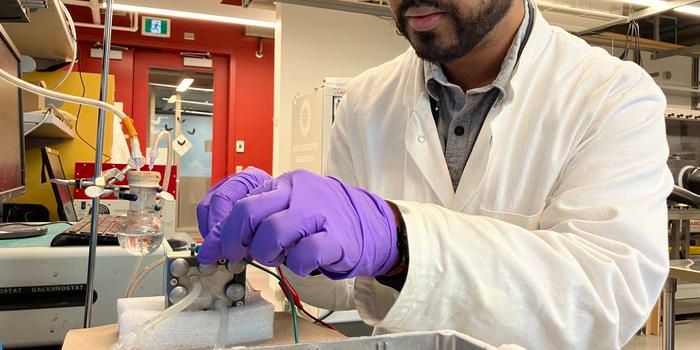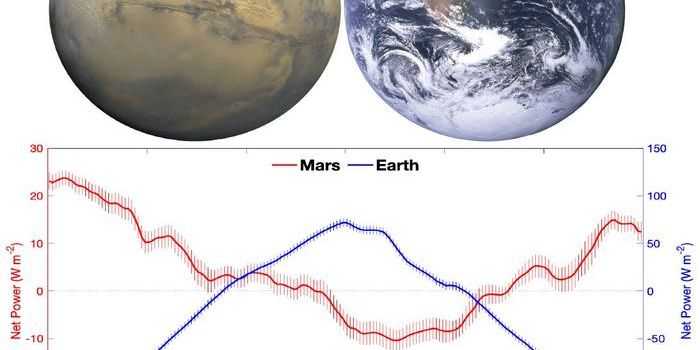Unlocking the Cosmic Cookbook: Creating Life Beyond Earth
A recent study published in the Journal of the American Chemical Society examines how autocatalytic reactions, which is when molecules are produced from chemical reactions over and over, could help scientists better understand how life could form on planets outside of the Earth. This study was led by the University of Wisconsin-Madison (UW-Madison) and holds the potential to determine the possibilities for finding life as we know it, or even don’t know it, away from the Earth.
This study focused on autocatalysis as a method to search for life beyond Earth. (Credit: Dr. Betül Kaçar)
“The origin of life really is a something-from-nothing process,” said Dr. Betül Kaçar, who is a professor of bacteriology UW–Madison along with being a NASA-supported astrobiologist, and a co-author on the study. “But that something can’t happen just once. Life comes down to chemistry and conditions that can generate a self-reproducing pattern of reactions.”
For the study, the researchers attempted to produce sustained autocatalysis by assembling 270 molecular blends from across the periodic table. The team specifically homed in on what are known as comproportionation reactions, which involves combining two molecular compounds that possess similar elements but with varying amounts of electrons, or reactive states. When combined, the resulting compound is already in the process of beginning new reactive states. Thus, autocatalytic reactions continue over and over. In the end, the team discovered that such reactions “could broadly exist across a range of geochemical and cosmochemical conditions”, with the team also noting some could differ from current life on Earth.
“We will never definitively know what exactly happened on this planet to generate life. We don't have a time machine,” said Dr. Kaçar. “But, in a test tube, we can create multiple planetary conditions to understand how the dynamics to sustain life can evolve in the first place.”
Dr. Kaçar is noted as being a NASA-funded astrobiologist, as searching for life beyond the Earth involves the field known as astrobiology, which encompasses a multitude of disciplines, including astronomy, physics, biology, computer science, chemistry, planetary science, atmospheric science, and environmental science, all with the goal of finding life beyond Earth.
What new discoveries will researchers make about possible life-giving reactions in the coming years and decades? Only time will tell, and this is why we science!
As always, keep doing science & keep looking up!
Sources: Journal of the American Chemical Society, EurekAlert!, University of Wisconsin-Madison News, ScienceDirect, Wikipedia, NASA









